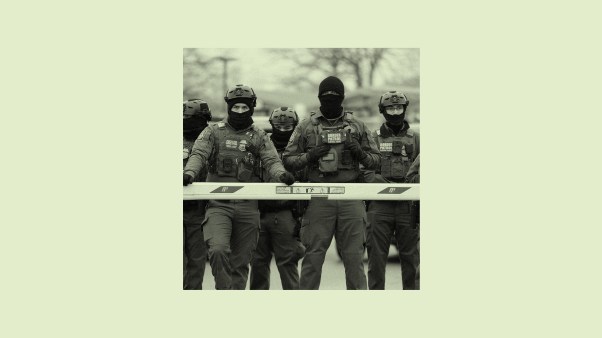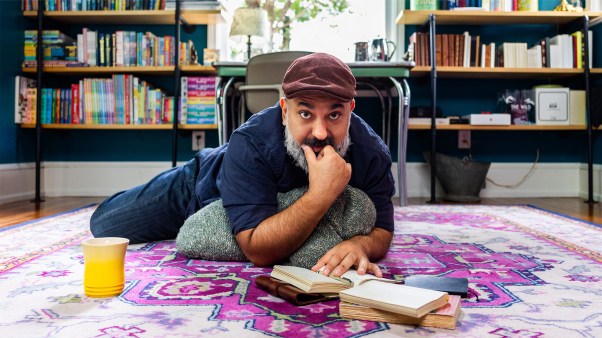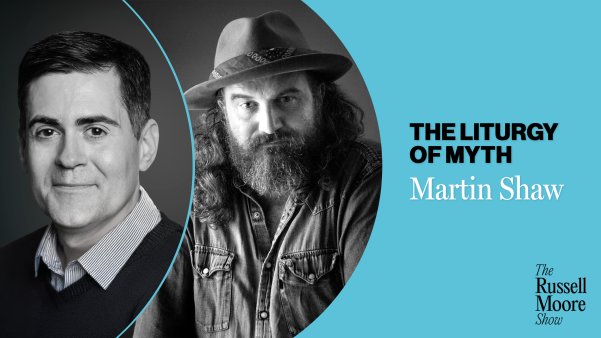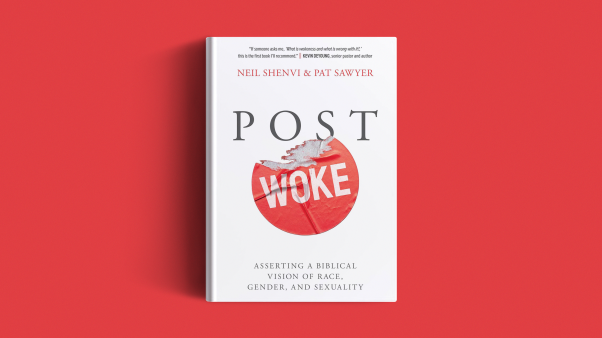In college, I told my friends that I wanted the Jars of Clay cover of “All My Tears” played at my funeral: “When I go don’t cry for me / In my Father’s arms I’ll be.” I disliked the thought of my loved ones saddened at my death, since I knew I would be “in a better place.” For Christians, the phrase is no mere euphemism; our death brings us to Jesus, sin clawing at our heels no more. In my youthful zeal, I thought my funeral should be a joyous celebration.
I wasn’t alone. Many funerals today are not about mourning death but a “celebration of life.” As our culture discards all-black attire and other formalities of a traditional funeral, families create more personalized—and often more upbeat—experiences to honor the deceased. Earlier this year, the BBC reported on the trend of “happy funerals,” noting that Monty Python’s “Always Look on the Bright Side of Life” had become the UK’s most popular song played at memorial services—replacing Verdi’s Requiem.
After celebratory memorial services, we are encouraged to “move on,” comforted by memories and knowing that the person we’ve lost is no longer in pain. But this positive focus can afflict and baffle people deep in grief.
As Daily Mail columnist Bel Mooney wrote last year, “Even though modern, cheerful funerals can be hugely touching and beautiful, a part of me wonders whether they show how petrified people are of death, and of the long agony of bereavement.”
Jesus knew more than anyone that we can’t glory in the Resurrection without grieving the Crucifixion.
Christians understand the impulse to celebrate even as we mourn. A life that was well-lived commends Christ to a watching world, and the hope of eternal life proclaimed at a funeral preaches the gospel. But a joyful focus on the Resurrection—and the push to celebrate—can overshadow the truth about death.
In assuring ourselves that death has no sting (1 Cor. 15:55), we can deny that the sting of death is still felt. Christians both grieve and rejoice (2 Cor. 6:10); we live in the tension of resurrection hope and sin-cursed death.
Jesus, the one who sustains every life, was not immune to the ravages of death. In John 11, Jesus learns that his friend Lazarus has died. He goes to his grieving friends and does what anyone would do: he cries.
Jesus knew that while death is not the final word for the deceased believer, it brings a full range of heartache to those left behind. Jesus’ response shows us that the gospel promise does not exempt us from sadness over death.
He knew more than anyone that we can’t glory in the Resurrection without grieving over the Crucifixion. In order to know the Good News of Easter, we have to endure Good Friday and Holy Saturday first.
We all know the truth, but still we feel the pain. We feel it when we watch our loved ones lose physical and mental capacities. We feel it when we no longer have that warm hand to hold or shoulder to cry on or tiny baby to nurse. Even our bodies ache as we say goodbye.
Death is real, it is sad, and Jesus himself felt it.
With every death we endure, we experience the inherent tension of sorrow and joy on this side of eternity. For the non-Christian, the pull to redeem some aspect of death is especially strong. If we celebrate the life of the deceased, throw a party in their honor, or refrain from too much sorrow, then maybe the reality of death won’t sting as much. The unknown state of a loved one’s soul, coupled with fear over death itself, make “celebrations of life” appealing alternatives to the grief of funerals.
As Christians, though, the older we get the more we sense the need to hold this tension more fully. As we watch loved ones die, mourn with friends who lose beloved family members, and face the ever-present reality of aging in our own bodies, we know that this life is coming to a swift end day by day.
We can grieve over this, while also recognizing the hope of a resurrected body for all of us who cling to the Jesus who perfectly did both. This same Jesus who wept over the reality of death sent blood rushing back through the cold veins of his dead friend—and promises to give us new life too. Death is imminent, but Sunday is coming.
Courtney Reissig is a wife, mother of three, writer, and author of The Accidental Feminist (Crossway). She and her family live in Little Rock, Arkansas.










